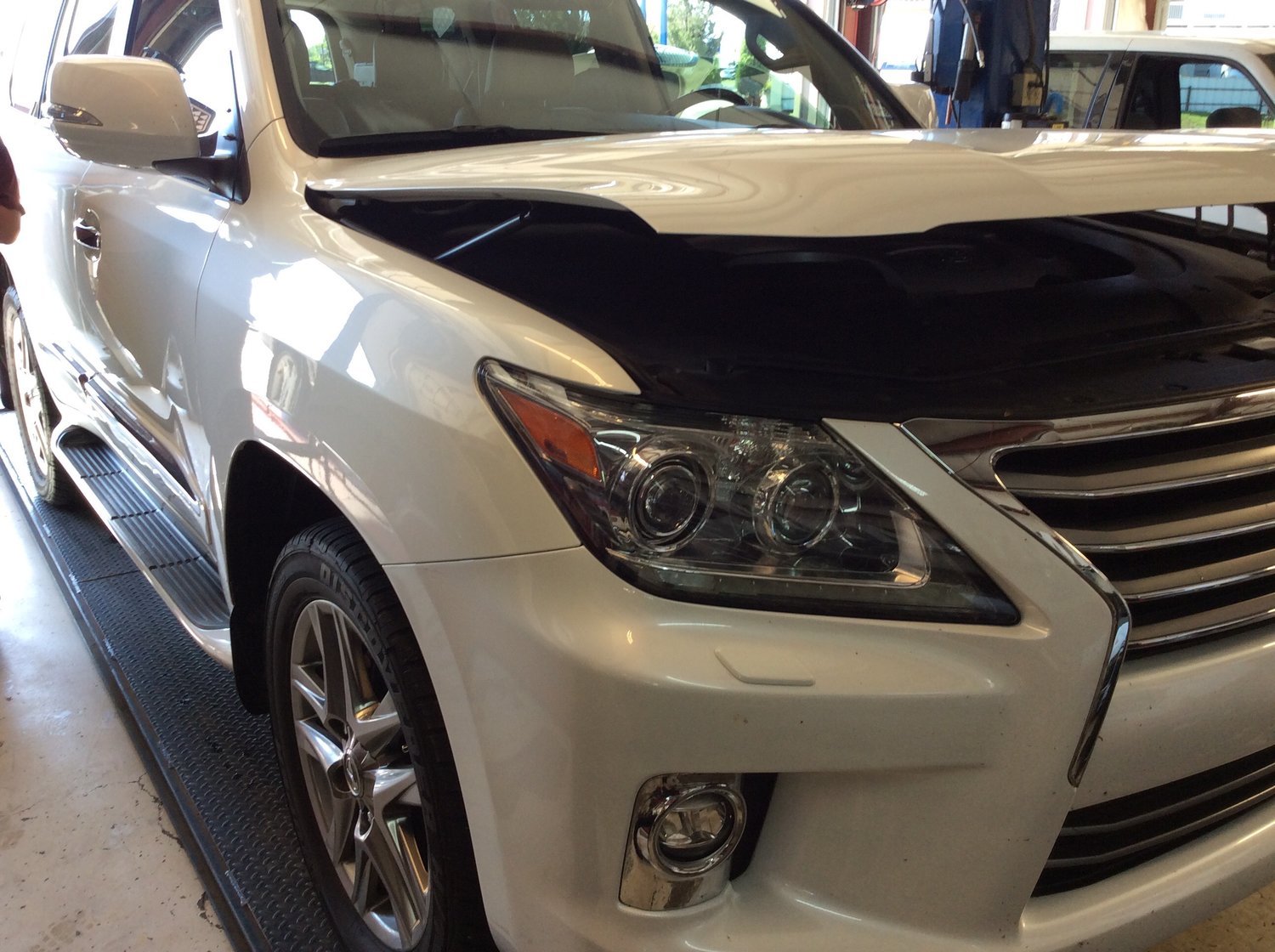Why Do My Brakes Feel Spongy?
When you’re running down a list of things that you don’t want to happen while you’re driving, suddenly spongy brakes are probably near the top of the list. Driving safely isn’t just about going; it’s also about stopping! If you have brakes that feel mushy, squishy or spongy, you should get your brakes inspected and serviced as soon as possible to prevent bigger issues. What could be the culprit behind your brake issues?
Air in the Brake Lines
One of the most prevalent causes of spongy brakes is air in the line. Brakes need consistent, evenly distributed hydraulic pressure to stop vehicles properly. If there is air in the brake lines, the balance of pressure can be thrown off. This means that you’ll need more time, effort or distance to bring your car to a complete stop. Where does the air come from? Most of the time, air in the brake lines is a result of low brake fluid or a leak.
Ancient or Insufficient Brake Fluid
Brake fluid serves an important purpose by converting the energy you created in applying the brake pedal into the force needed to stop your automobile. Brake pads and brake fluid both naturally age over time. Low brake fluid is a natural result of waiting too long to have your brakes serviced. Occasionally, low levels of brake fluid can also occur as a result of a leak.
Damage to the Brake Line
Many drivers are surprised to learn that rust, created by road salt and high moisture levels, can cause brake line damage. Over time, the combination of harsh salt and moisture can cause lines to become hard and brittle and either leak or break. If you were in a car accident, your brake lines also might have experienced the negative effects of the impact and been bent or weakened.
Damaged Calipers
The process of braking your car creates heat. Over time, that heat can damage the brake calipers. Beyond having spongy brakes, damaged calipers might also cause your vehicle to pull to one side when stopping or lead to a high-pitched squealing noise when you brake.
Worn Cylinders
The master cylinder in your car helps to distribute the hydraulic pressure by pushing brake fluid to the appropriate spot for braking. If seals in the master cylinder are broken or leaking, they will need to be repaired to brake normally again.
Keep Your Car Safe with Tommy’s Hi Tech Auto Repair
Tommy’s Hi Tech Auto Repair has been keeping drivers in the Denton, Texas area on the road since 1991. When you need great auto care backed up by excellent customer service, you can trust Tommy’s. To schedule an appointment or get in touch, give us a call at 940-387-0070 or email us at service@tommyht.com.




